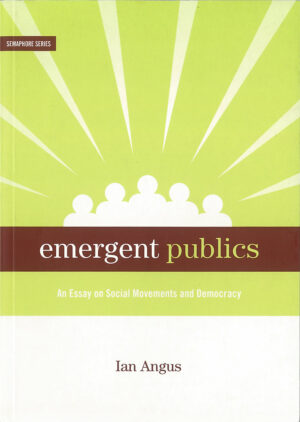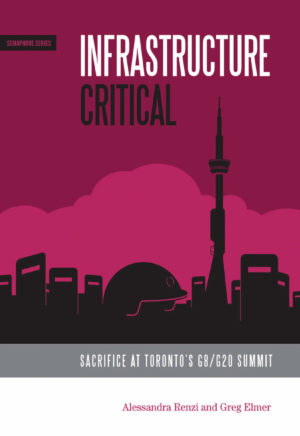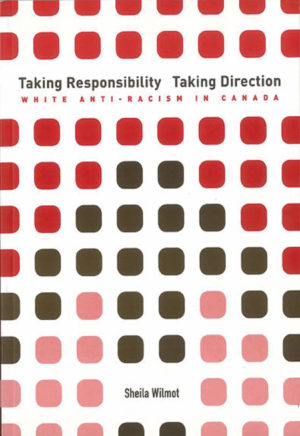The legacy of the Bush administration and its “War on Terror” includes a new logic of surveillance, suppressing public dissent and mobilizing both “fear” and “faith.” In this accessible book, Elmer and Opel show that this new logic stretches well beyond the realm of airport security and international relations into everyday police techniques, including the use of Tasers, the deployment of “stealth” crowd control, the zoning of protestors, and the suppression of public dissent. Drawing on social theories and media analyses, this book reveals the underlying “logic of preemption” whereby threats must be eliminated before they materialize. By addressing the implications of this new logic, Elmer and Opel lay the groundwork for more effective resistance.
Preempting Dissent
Expanding from a traditional biopolitical critique of governance, Greg Elmer and Andy Opel write brief, accessible volume on how the ostensible fight against the “War on Terror” supplies a new logic that creates a space for what they call “an inevitable future.” A circulation of fear that asserts an unavoidable terrorist attack marks the argument forwarded by Preempting Dissent: The Politics of an Inevitable Future. The authors are less interested in writing about the self-disciplined subject that results from this fear, and instead, provide a series of claims warning us of a new justification for policing the population directly-a specious reinterpretation and application of the law that demonstrates that sovereign power continues to effectively preclude dissent and dialogue. The inevitability doctrine, supported by a rhetoric of fatalism, advances an agenda displacing “rational free will” for visions of a determined, futile future, where debilitating effects of attacks can only be managed and mitigated but not prevented. Thus, as a liberal democratic polity, we are asked to succumb to a new “faith-based politics” as our only recourse to an inevitably horrific future. Elmer and Opel refer to this as a “when, then” logic that overtakes the more familiar, “what if” rationale. Significantly, Elmer and Opel highlight the limitations of both Foucauldian disciplinarity and Deleuzian decentralization for their analysis. – Daniel H. Kim

 OUR BOOKS
OUR BOOKS







